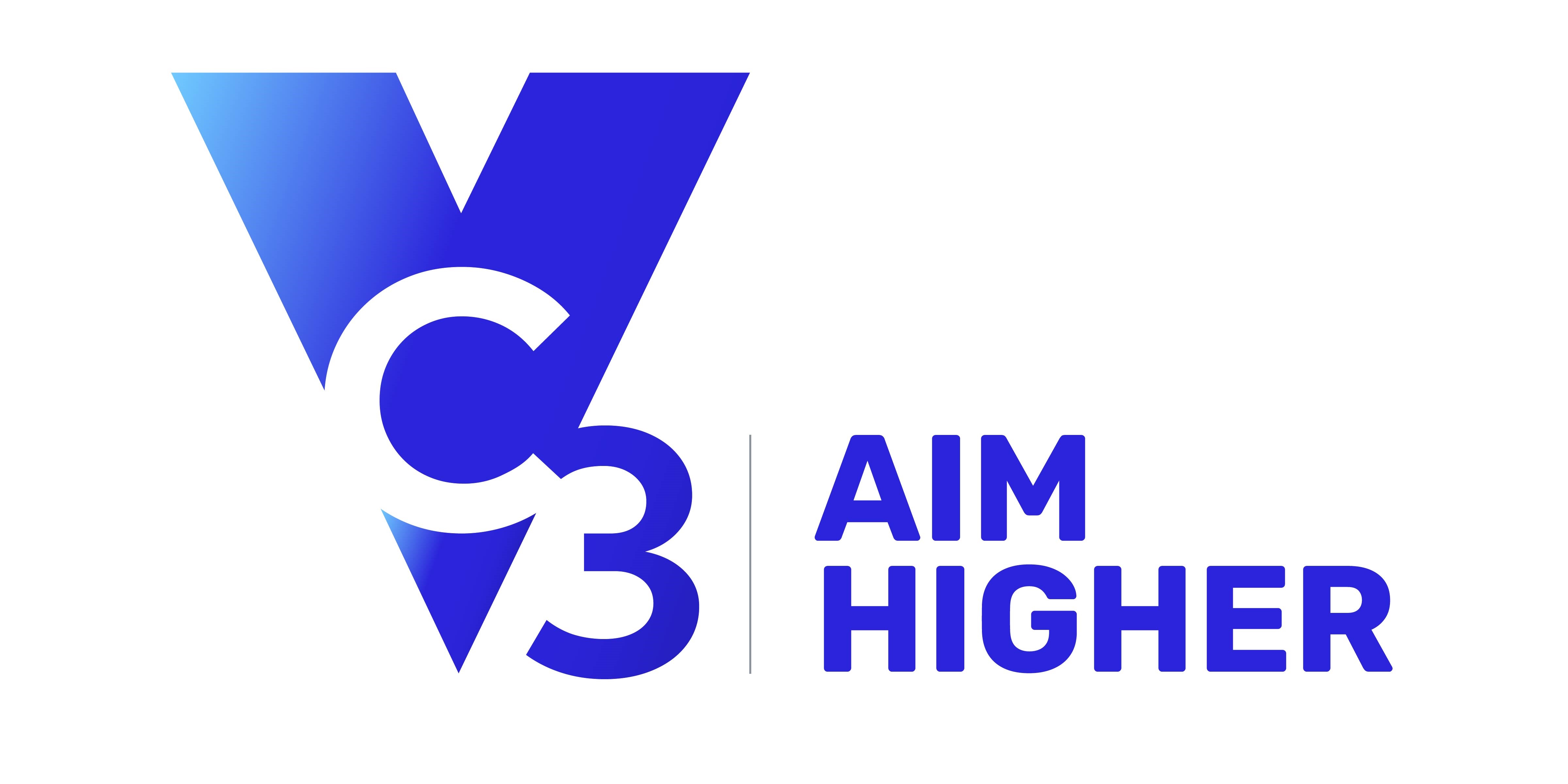The 2025 Maryland General Assembly session concluded with significant legislative actions aimed at addressing a $3.3 billion budget deficit and preparing for potential federal funding cuts. The Administration and legislature implemented a combination of spending cuts and tax increases, including new taxes on high-income individuals, IT services, capital gains, recreational cannabis, and sports betting, generating $1.6 billion in revenue and resulting in $2 billion in cuts while maintaining a $2.1 billion rainy day fund. Key legislative accomplishments included a comprehensive energy package promoting diverse energy sources and providing rebates for electric ratepayers, $25 million in abortion support funding, a permanent subsidy program for young adult health insurance, expanded prescription drug price controls, and increased opportunities for sentencing reconsideration and criminal record expungement. Additionally, lawmakers established a commission to study reparations for slavery and approved new liability caps for sexual abuse cases. Finally, a new legislative panel will monitor federal developments to safeguard Maryland's economic stability, particularly given its reliance on federal jobs and contracts.
For more information on legislation directly impacting municipalities, join MML on April 23 at noon for a "Lunch and Learn: Legislative Wrap Up" webinar on the Maryland General Assembly’s 2025 legislative session. Registration and more information is available here.


